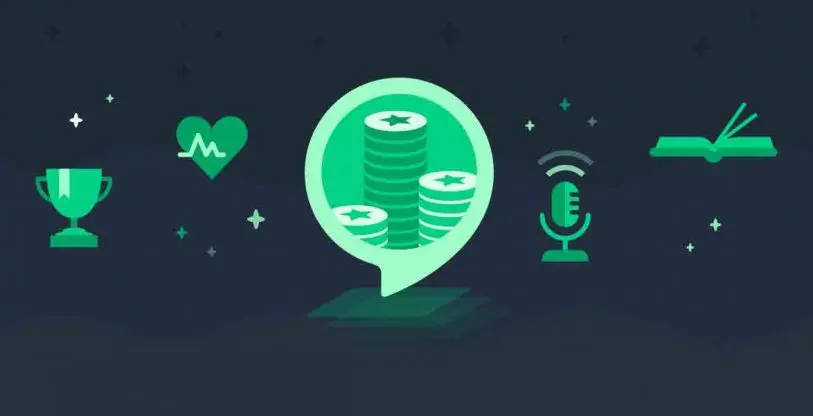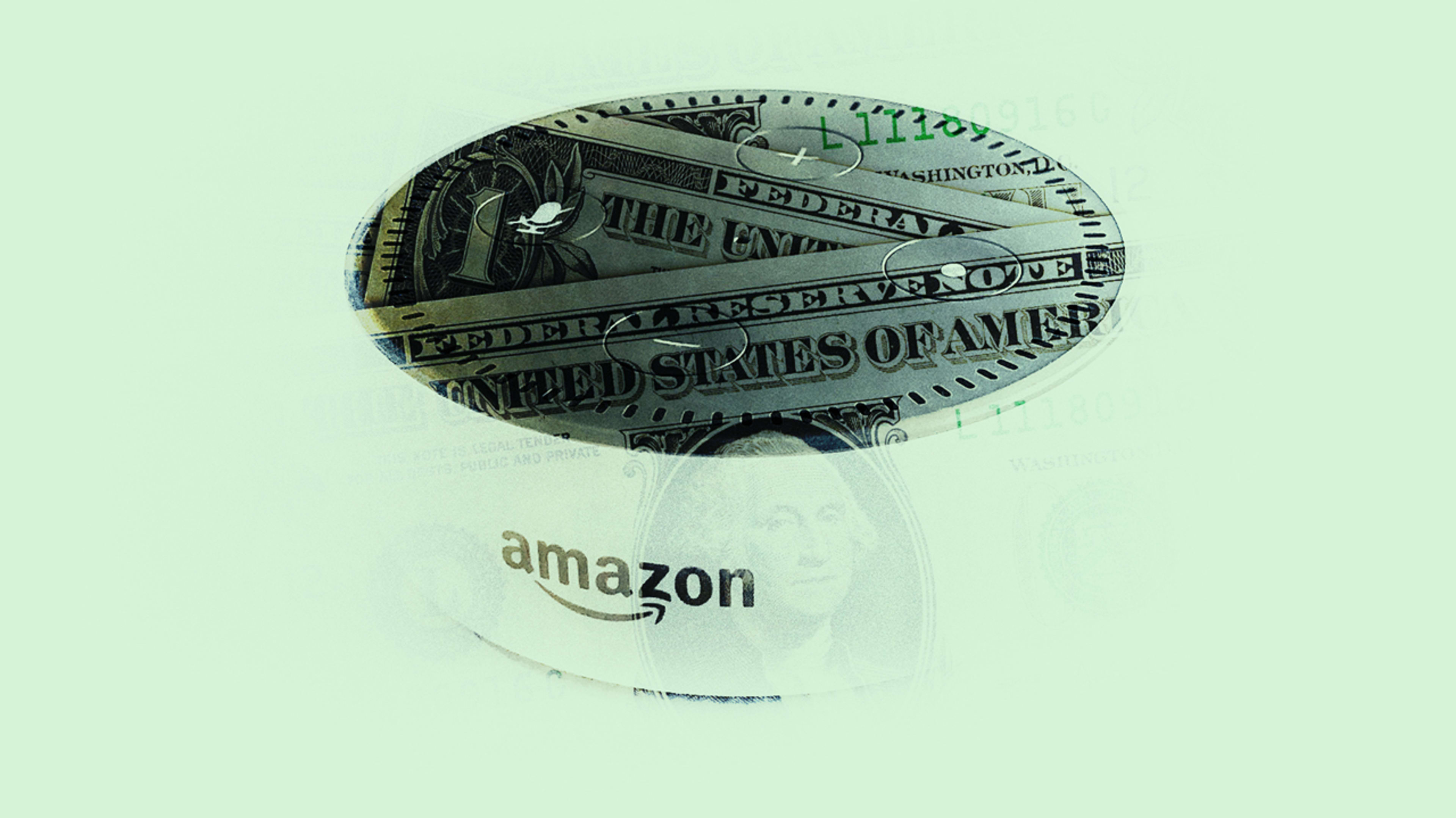Just six months after Amazon revealed the AI-infused Alexa service and Echo smart speaker in November 2014, it began welcoming third-party developers onto its nascent voice platform. They responded in force. In January of 2016 there were 130 Alexa skills; five months after that, the number had swelled to a thousand. It hit 10,000 in February and 25,000 the following December. As of today, Amazon is quoting a new figure: 40,000.
As enthusiastically as developers have embraced Alexa, a sizable percentage of that growth has been based on faith rather than an obvious and immediate opportunity to make money. True, makers of gizmos such as smart light bulbs and thermostats could reasonably expect to move more product if they wrote skills that made their gear Alexa-compatible. And in May 2017, Amazon began digging into its own pocket to make direct “Alexa Developer Rewards” payments to the builders of the most popular, engaging skills in a variety of categories, starting with games. But the company was slow to let Alexa developers do what has been possible on Apple’s App Store and Google Play from the start: create stuff, and then charge for it.

The new features have been in preview mode since November, and a few examples of them in use are already live, including games (Jeopardy and The Ellen Show’s Heads Up) and premium audio (TuneIn Live, with live sports and news). More are arriving today, including podcasts from Syfy Wire and a bonus pack for Yes Sire, a voice-controlled game from Volley.
It’s what comes next–as teeming masses of Alexa developers are able to incorporate paid aspects into their skills–that matters most. According to Steve Rabuchin, Amazon’s VP of Alexa, those developers have “been asking for a way to make money on Alexa since, well, the beginning. And despite not having a great way to make money, they’ve been super-engaged, and the community keeps growing.” The new features don’t just give skill builders the opportunity to charge for the sort of offerings they’re already building; they could incentivize the creation of ambitious new skills that nobody would bother to tackle without profit in mind.

Free Is Still Key
One standard component of mobile app stores that Amazon is not replicating is the ability for developers to prevent you from using their wares at all until you’ve plunked down a buck or two (or more). “We’ve been very thoughtful about how we’ve approached monetization so we can make sure we’re keeping this balance of a magical experience for our customers,” says Rabuchin. Anyone who’s paid for an app sight unseen and then been disappointed knows that buyer’s remorse isn’t magical. So even an Alexa skill with content you pay for must also have a free element, giving consumers a chance to bond with it before making a financial commitment.

Subscription services can fulfill the requirement to offer something gratis by giving users a free trial before charging. In the case of TuneIn Live, the first seven days of listening is free, then billing begins at $3.99 a month for Alexa-only listening. It’s a distinct service from TuneIn Premium, which costs $10 a month and supports phones, tablets, and PCs; the company took inspiration from Amazon’s own lower-priced, Echo-specific variant of its Music Unlimited service. “Through collaboration with Amazon, we decided that both this price point as well as this level of distribution to Alexa devices was a really interesting way to go,” says Tony Archibong, TuneIn’s head of distribution and business development. TuneIn’s standard service, with 100,000 radio stations and millions of podcasts, has been available on Alexa from day one and will remain free.
Prime Directive
One apsect of Amazon’s in-skill purchasing doesn’t have a counterpart in conventional app stores: Every piece of one-off and subscription content will offer special Amazon Prime pricing. For example, Prime members will save a buck off TuneIn Live’s standard $3.99/month fee, and 20% off the $2.99 price of Yes Sire’s Wicked Witch pack. Amazon mandates the discount, but also pays for it: Developers will still get the full payment they would have received for a non-Prime member.
“We think it’ll be good for developers, because they won’t have to pay for it, and we think it’ll be good for Prime customers,” says Rabuchin. And good for Amazon, too, if it leaves customers feeling like they’re getting even more value out of Prime’s new, higher $119 price tag.
Amazon also plans to continue the Alexa Developer Rewards program, which it says has paid out millions of dollars to the creators of top-performing skills in its first year. (Typical success story: a Boston developer who has made $25,000 in six months by creating 30 skills, including a popular one that teaches Alexa to wish you good night.) Developers who add in-skill purchases will still qualify for these rewards, giving them the potential to double-dip their way to success.
With Alexa’s new monetization features just reaching broad availability, it’s too early to gauge their long-term impact on the platform. But for the moment, at least, they give developers an incentive to devote even more resources to Amazon’s voice service rather than divert attention to its most formidable rival, Google Assistant. Google just launched a fund to invest in Google Assistant-centric startups–reminiscent of the Alexa Fund that Amazon established back in 2015–but it hasn’t yet given Assistant commerce features like the ones Alexa is adding.
“We’re at this inflection point with Alexa,” Rabuchin says. “We’ve laid the foundation for the voice economy, and now, by opening up all these monetization capabilities, we think it’s going to really take off in the next year.” The idea that an epoch-shifting phenomenon like Alexa hasn’t yet taken off is a bit of a mind-bender–but whatever happens next, it’s clearly entering a new phase.
Recognize your brand’s excellence by applying to this year’s Brands That Matter Awards before the early-rate deadline, May 3.
